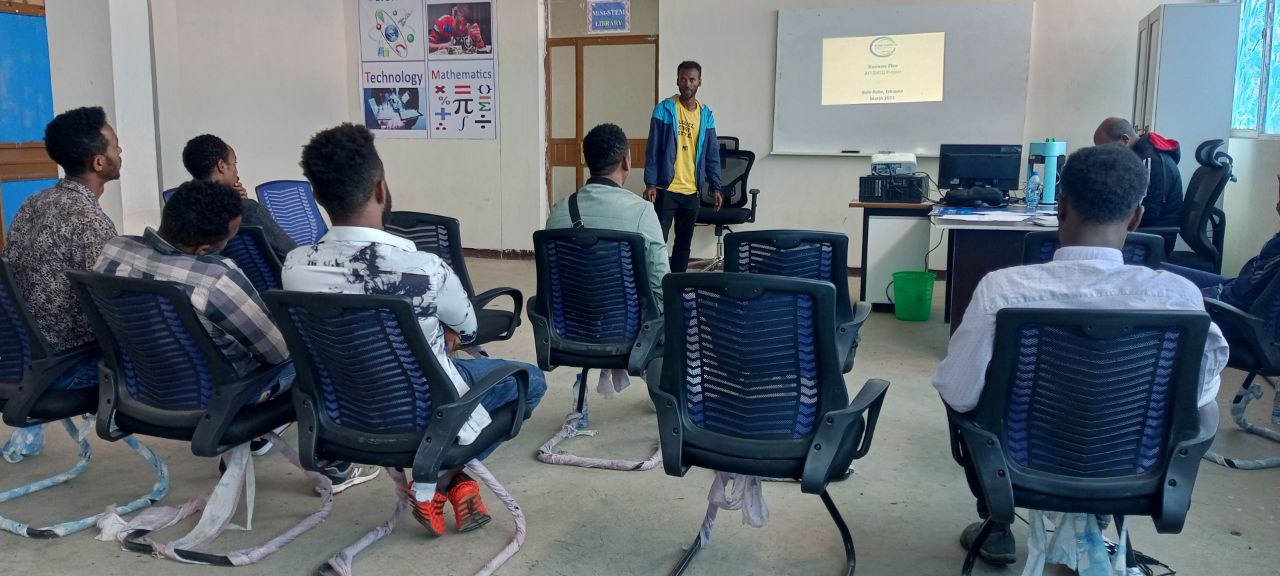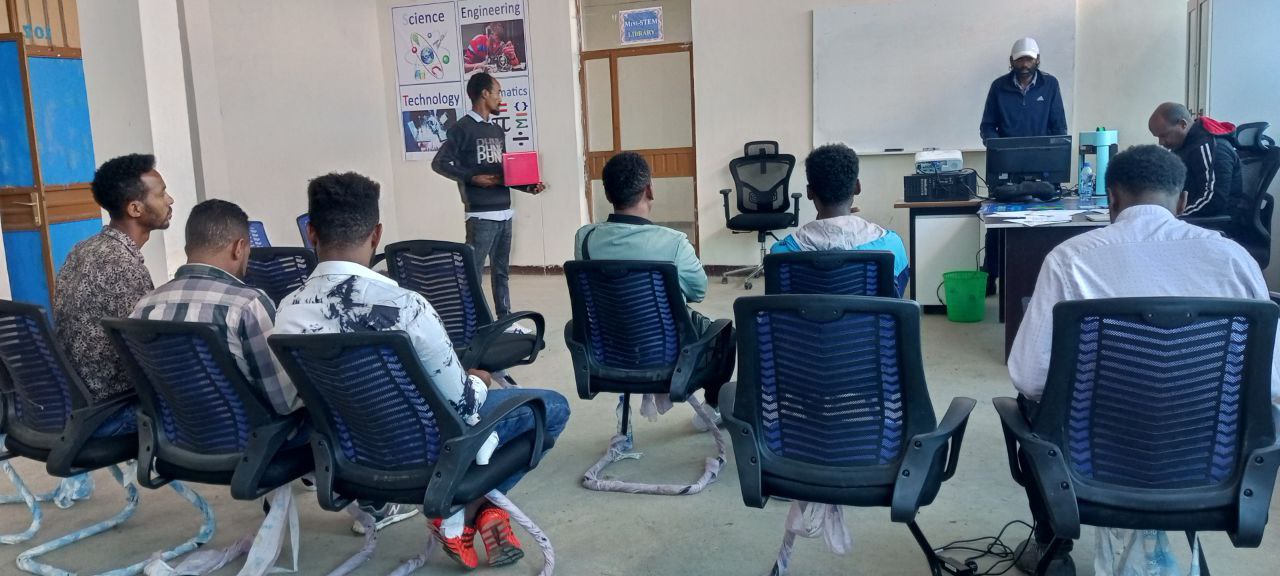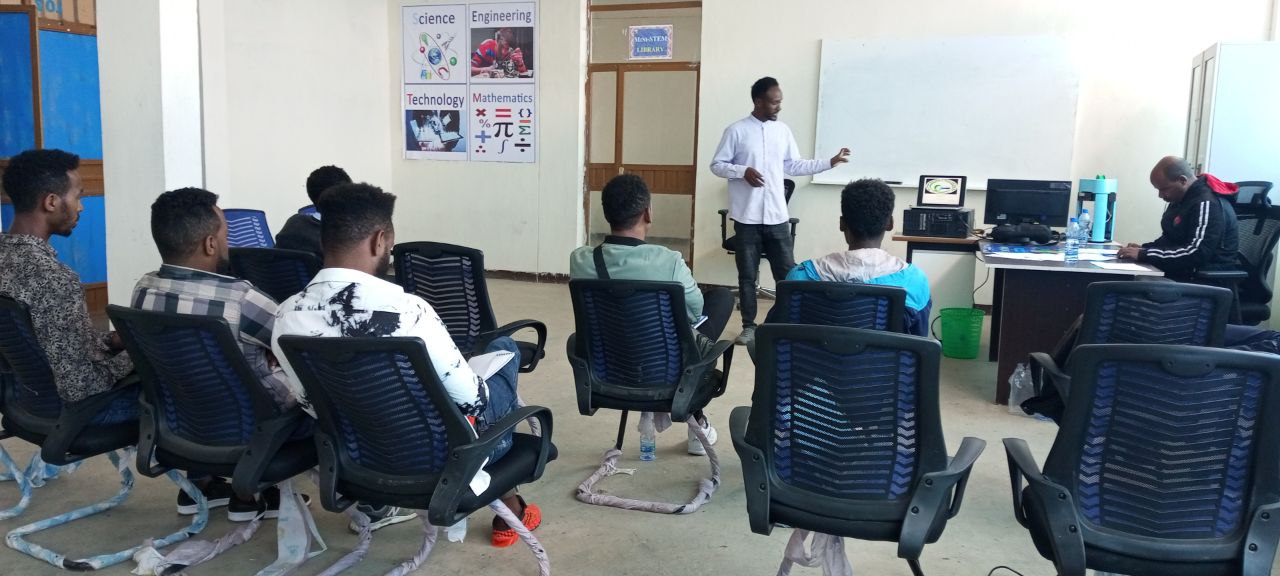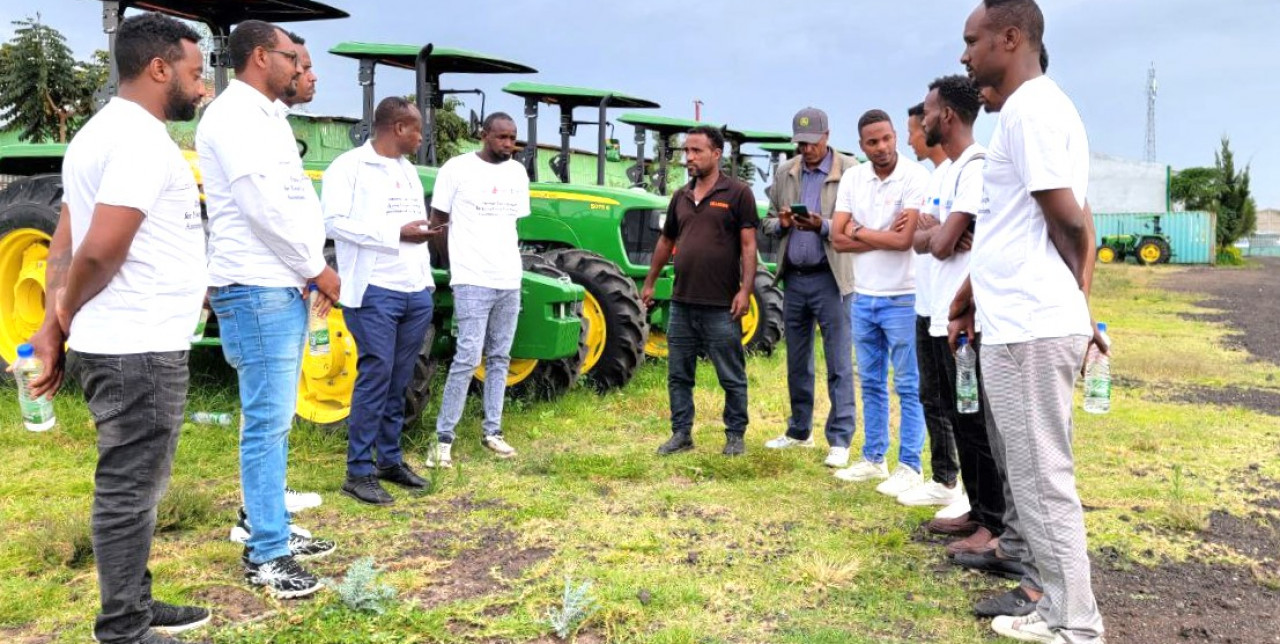24-11-2023 | di COOPI
Ethiopia. Promoting youth-designed startups as an alternative to migration
Establishing agricultural startups managed by Ethiopian youth to develop entrepreneurship activities led by young people and limiting irregular migration movements. This is the goal of the project "Strengthening Agricultural sector in the Oromia region, promoting employment and enterprenueship to counter irregular migration" funded by the Italian Agency for Development Cooperation - AICS and carried out by COOPI - Cooperazione Internazionale in Bale, in the town of Robe, Ethiopia, from December 2021 until May 2024.
LVIA, Associazione Internazionale dei Volontari Laici, is the lead partner in the project. Together with the Ethiopian business incubator Educants, they will take care of similar activities targeting students of the University of Arsi, in Sciasciamanne, which is also located in Oromia. Due to few job opportunities. from Oromia, one of Ethiopia's largest and most populated regions, there are in fact many young people leaving for Europe as well as to Saudi Arabia and Yemen.


The project is aimed at strengthening the vocational training system and reinforcing the connections between the private sector, the labor market, universities and educational institutions. The purpose is to help in creating job and business opportunities in the agro-industrial sector, which is the area's main economic sector.
Specifically, COOPI was responsible for setting up the startup incubation center within the University of Madda Walabu, and thanks to the contribution of ICEADDIS, a local business accelerator, the first four training courses have been already organized for 27 students to support them in writing their business plans and figuring out the next steps to realize their ideas. Initial seed capital will eventually be provided to young Ethiopian entrepreneurs to accompany them into the entrepreneurship’s world.

COOPI has already been operating in Bale since 2012, and the project is part of the effort we make in the Country to diversify livelihoods and increase the productive capacity of the most vulnerable groups.




 Ethiopia
Ethiopia